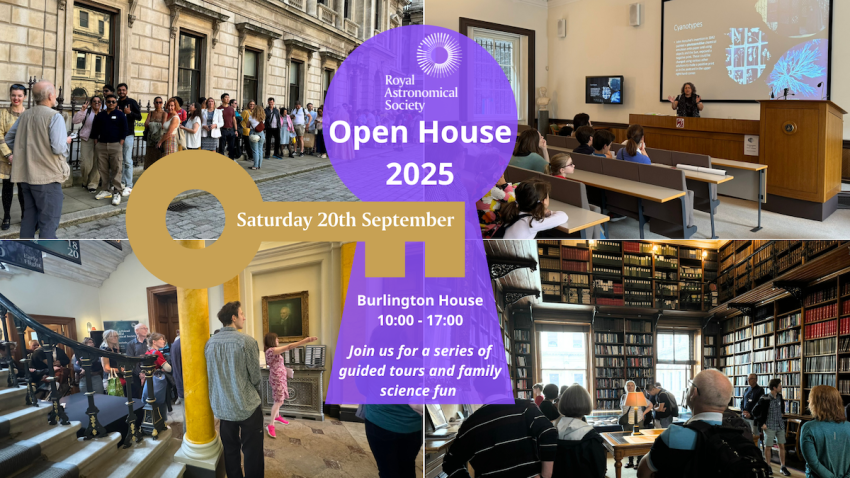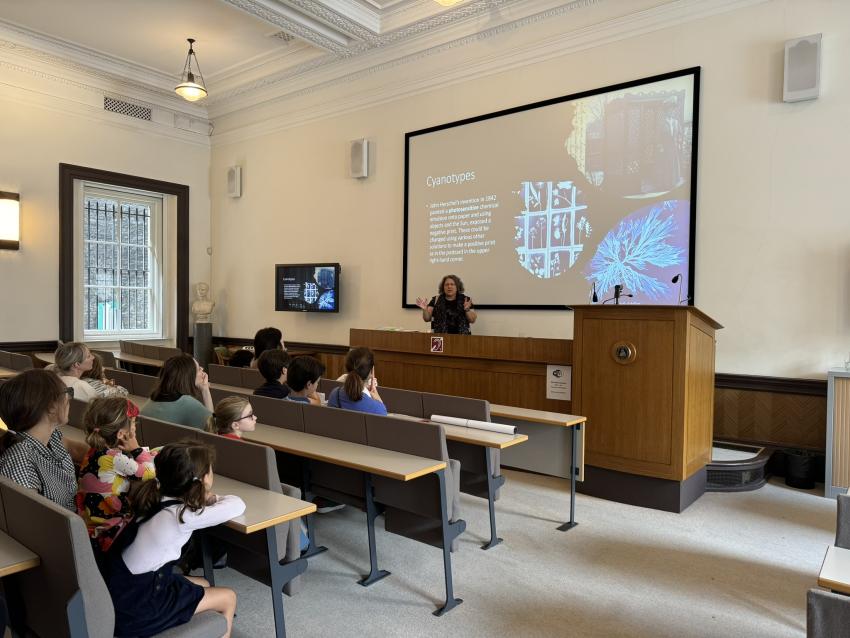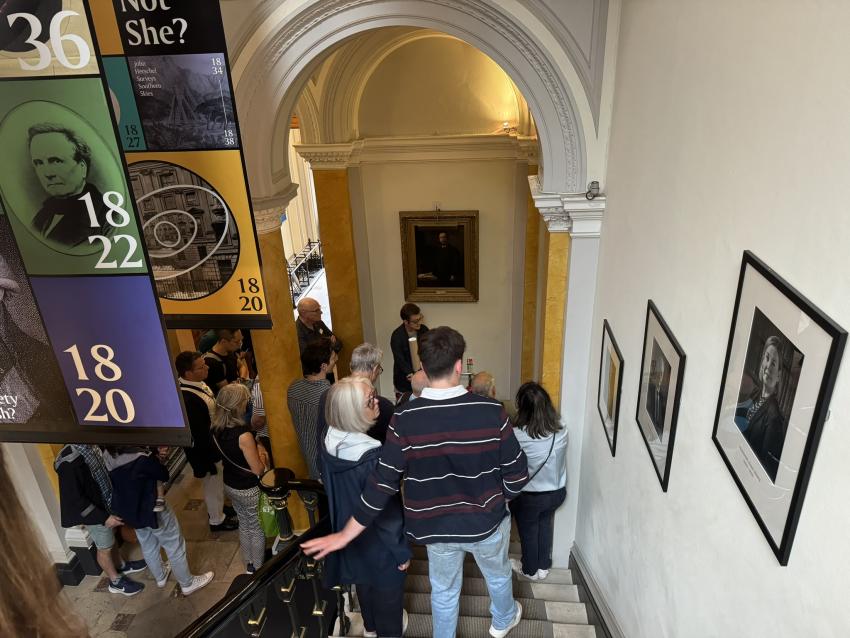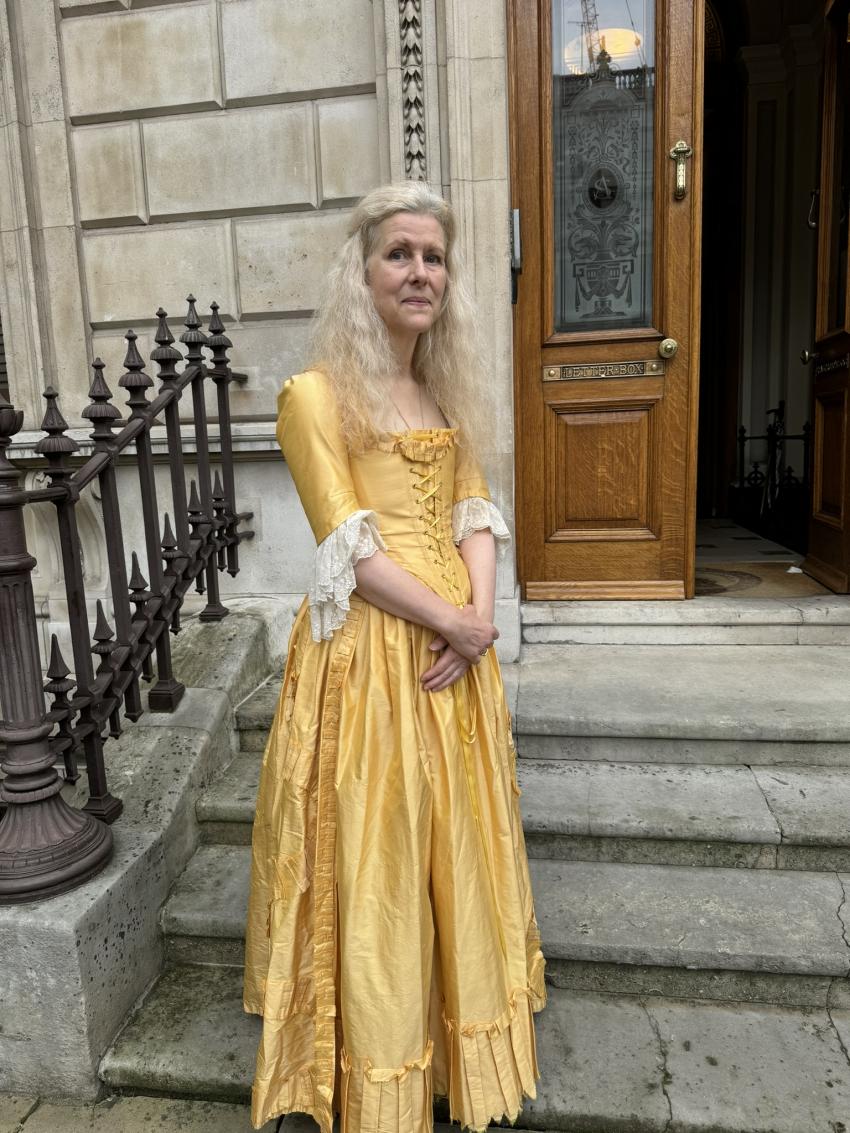The Royal Astronomical Society will once again be throwing open its doors as part of this year's Open House Festival in September.
Guided tours of the Society's Burlington House HQ will take place alongside a number of fun-filled science activities for children aged 7 to 16.
The RAS will be open from 10am-5pm on Saturday 20 September for the event.
Tours will run on a first come first served basis and start at 10am. They will take place every half hour until 12.30pm, and will resume at 2pm. The last tour will start at 4.30pm.
Spaces are limited for the children's activities in the RAS Lecture Theatre so these must be pre-booked. Sessions to learn about comets, stars and constellations will be running at 11.15am for ages 7 to 11, and at 2.15pm for ages 12 to 16. There may also be encounters with astronomers Caroline Herschel and her nephew John.
There is space for 20 children per session and children must be accompanied by an adult (up to two adults per child). Bookings can be made via the Open House Festival website.
You can also find out more about what is happening here.
Other learned societies based at Burlington House are also participating in Open House London 2025 on Saturday 20 September. For more information, visit:
ENDS
Media contacts
Sam Tonkin
Royal Astronomical Society
Mob: +44 (0)7802 877 700
Sian Prosser
Librarian & Archivist
Royal Astronomical Society
Notes for editors
About the Royal Astronomical Society
The Royal Astronomical Society (RAS), founded in 1820, encourages and promotes the study of astronomy, solar-system science, geophysics and closely related branches of science.
The RAS organises scientific meetings, publishes international research and review journals, recognises outstanding achievements by the award of medals and prizes, maintains an extensive library, supports education through grants and outreach activities and represents UK astronomy nationally and internationally. Its more than 4,000 members (Fellows), a third based overseas, include scientific researchers in universities, observatories and laboratories as well as historians of astronomy and others.
The RAS accepts papers for its journals based on the principle of peer review, in which fellow experts on the editorial boards accept the paper as worth considering. The Society issues press releases based on a similar principle, but the organisations and scientists concerned have overall responsibility for their content.
Keep up with the RAS on Instagram, Bluesky, LinkedIn, Facebook and YouTube.





